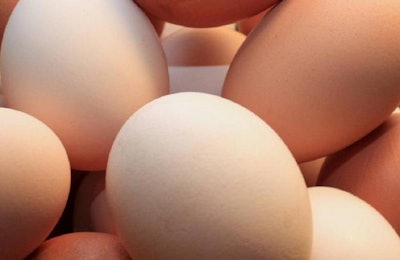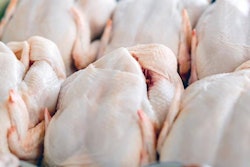
Angola Agriculture Minister Afonso Pedro Canga has stressed the government’s goals to reduce imports of poultry and eggs and achieve food self-sufficiency in the industries.
Speaking at a press conference in Luanda recently, Canga said the southern African country had improved its home-grown food supply by 14 percent in 2015, according to Angola press agency, Angop.
In 1992, Angola produced just 63 percent of its food requirements so progress has been made. Now, the government is creating the conditions to encourage local investment and increase domestic production of meat, eggs, cereals, roots and tubers.
Angola egg production
According to Canga, egg production is expected to reach 1.05 billion per year. Output in 2015 was around 450 million eggs or 41 percent of Angolan requirements, he said. By the end of 2016, it will be at least 850 million – equivalent to 70 eggs per person for the year – and representing 71 percent self-sufficiency for the urban population.
Broiler production in Angola
Earlier this year, the minister called on Angola’s poultry meat producers to invest more and increase output, according to a report in Macau Hub.
In 2015, the country imported 360,000 metric tons of chicken, which cost the government US$450 million.
Domestic production covers around 5 percent of national demand, said Canga, and is centered in the western coastal provinces of Bengo, Kwanza Sul, Benguela and Luanda.
Angolan Investment Association President José Severino, called on the poultry sector to exploit opportunities in the interior of Angola, where most of the grains are produced.
According to the statistical office of the United Nations’ Food and Agriculture Organization, FAOstat, Angola produced 5,080 metric tons of eggs and 29,655 metric tons of chicken meat in 2013, the most recent year for which figures have been published. Output of both commodities have increased gradually since 2006.
The country’s population in 2014 was just under 25.8 million, according to the official census.















